Penguins in Antarctica to be replaced by jellyfish due to global warming
Rising temperatures in the oceans around Antarctica could lead to the continent's penguins being replaced by jellyfish, scientists have warned.
These miniscule copepods, measuring just half a millimetre long, are too small for penguins but ideal for jellyfish and other similarly tentacled predators. Huw Griffiths, a marine biologist, said the shifting food web, coupled with shrinking ice sheet breeding grounds, could seriously affect the world's favourite Antarctic animal. Mr Griffiths, of British Antarctic Survey (BAS), said: ''Marine animals spent millions of years adapting to the freezing, stable conditions of the Antarctic waters and they are highly sensitive to change.
''The polar oceans are rich in biodiversity. But if species are unable to move or adapt to new conditions they could ultimately die out. Copepods are 120 times smaller than krill, which is inevitably going to affect all the things that feed in that area. Penguins, sea birds, whales are all used to catching large items of prey. But creatures with tentacles - like jellyfish are going to have more food value out of smaller prey.This kind of predator will do better in this warmer environment. We already have huge numbers of amazing looking jellyfish. They are not quite invading but numbers will go up to the point where they become the dominant group. And if the waters continue to warm there will not only be a shift between species that are already there, but new species will be able to come into the area.''
Mr Griffiths said species of small invertebrates, fish and crabs that cannot currently tolerate the -2C temperatures in the Antarctica waters might start soon start to appear. Any decrease in sea ice will inevitably affect the delicate balance of the Antarctic marine food chain. For creatures such as penguins who lives on the melting sea ice, a rise in temperatures will also shrink the size of their breeding grounds.
Mr Griffith's research is based ON the Census of Antarctic Marine Life (CAML) and he presented his findings at the
The census began in 2005 and will provide the benchmark for future studies on how the diverse sea-floor creatures living in Antarctica's waters will respond to predicted climate change.
More than 6,000 different species living on the sea-floor have been identified so far and more than half of these can only be found on the icy continent. Mr Griffith's work also describes certain creatures such as sea spiders flourish in the Antarctic waters because of the unique environment. The stunning sea spiders in Antarctica are roughly the size of dinner plates, whereas their delicate cousins around the UK coast are no bigger than a little fingernail.
Mr Griffiths added: ''This is a group that has done really well in the cold. Around 20 per cent of the world's population of sea spiders are from Antarctica. ''They are bigger than anywhere else in the world and this is probably because the environment happens to be ideal for them. It makes you realise if the waters warm and other species or predators move in these unique animals will come under competition.''
Source






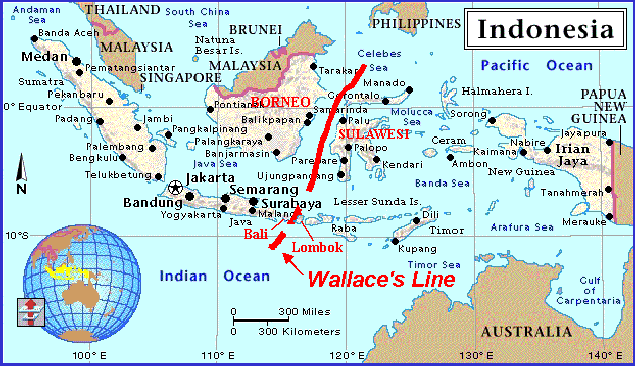


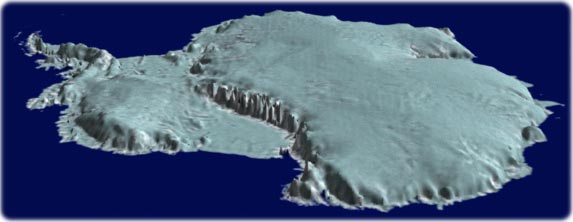
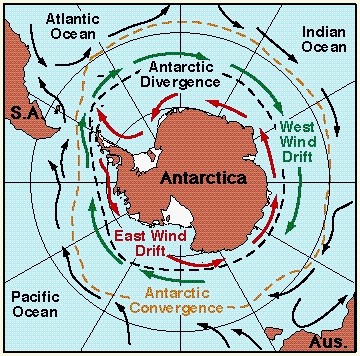





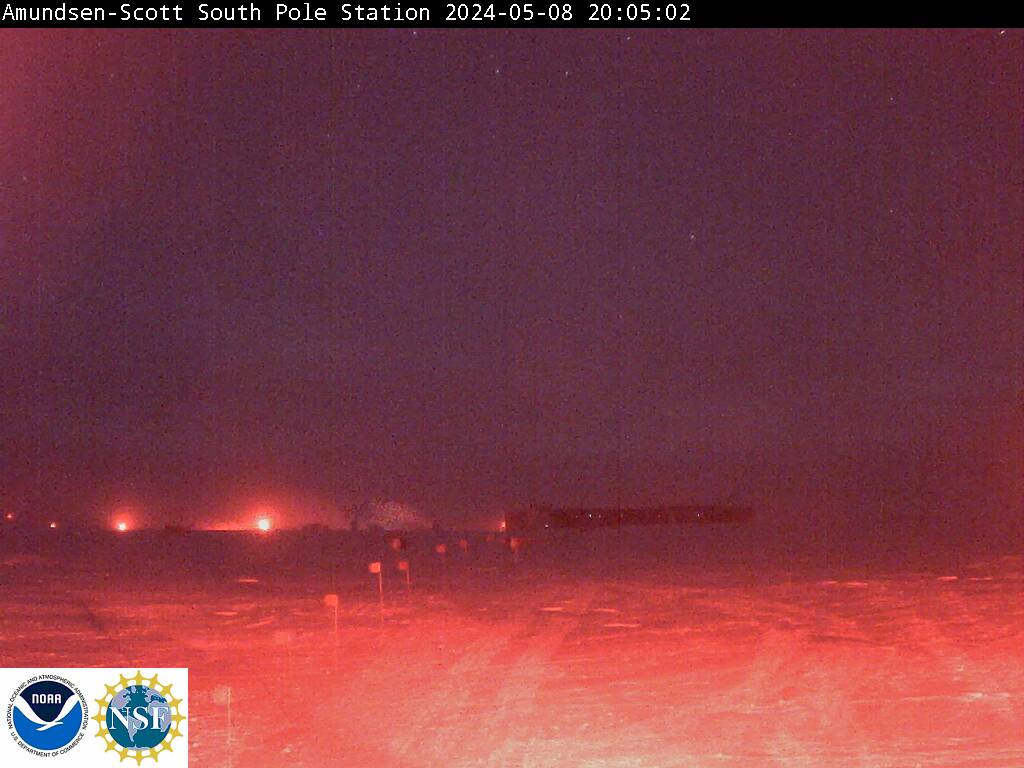
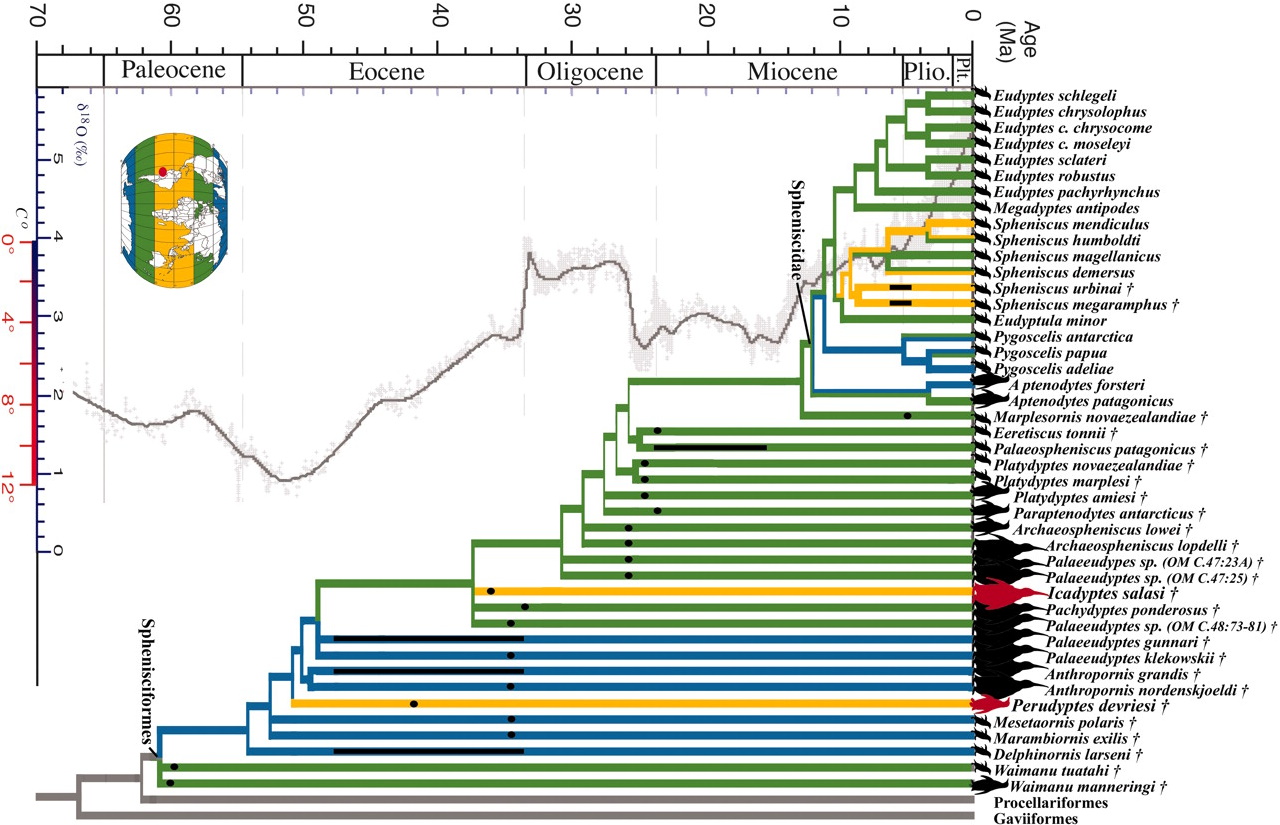

No comments:
Post a Comment